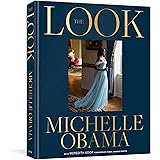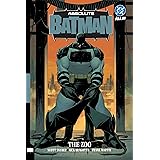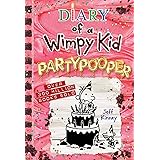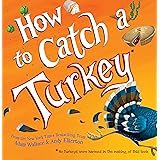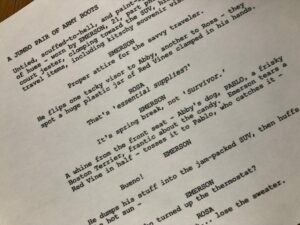Unlock the Hidden Power of Tone and Mood in Storytelling – Transform Your Writing Forever!
Practice:
Choose two descriptive words for how your story will feel—its tone and mood. Here are a few examples: lighthearted and adventurous, dark and humorous, or mysterious and contemplative. Create a quick sketch for a story, including at least three characters, a setting, and a one-paragraph summary of the plot. Be sure to include details about how the tone and mood will be established. For example, a dark and humorous story might be set in a mortuary with a fumbling, silly protagonist.
Questions:
What effect does tone have on readers? Can tone and mood be used to strengthen a story’s characters, plot, or theme? What are some ways authors can communicate a story’s tone and mood throughout the narrative? How is tone related to genre, or are they related? What happens when the tone and genre are contrasted (humor within a horror story)? Do you prefer stories with a consistent tone and mood throughout, or do you prefer a story that takes you on an emotional ride, moving through a range of tones and moods?

